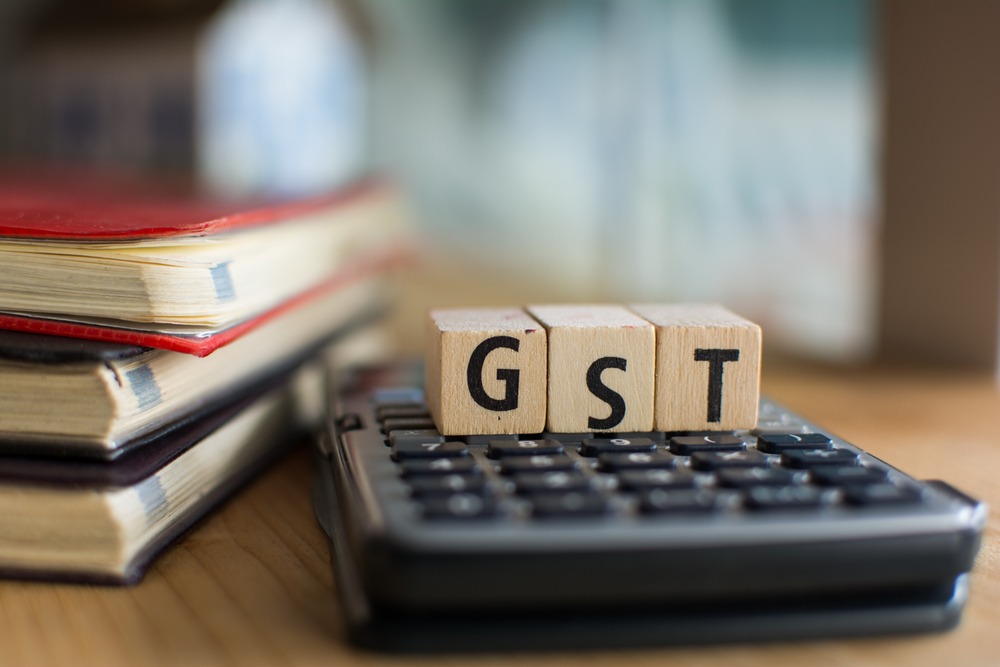 Updated on: January 17th, 2023 3:35 PM
Updated on: January 17th, 2023 3:35 PM
Guidelines for issuance of summons under GST
Despite having a huge impact, it is observed that ‘summon’ is by and large being issued by the department in a casual and routine manner. In order to ensure the judicial use of the power to summon, the GST investigation wing issued important guidelines which the GST officers need to follow for the issuance of summons under GST. The present article explains the basic summons provisions as per the GST law and also highlights the guidelines as issued vide instruction no. 03/2022-23 dated 17th August 2022.Summons provisions as per GST law –
Provisions of section 70 of the Central Goods and Services Tax Act, 2017 deal with the issuance of summons under GST. The said section 70 is divided into two sub-sections, the provisions of both the sub-sections to section 70 are explained hereunder –
Section |
Provisions |
| Section 70 (1) | It empowers the proper officer to issue summons to any person if the same is necessary during the course of any inquiry either for – · To give any evidence; or · To produce a document; or · For seeking personal attendance; or · For recording a statement. Summons is to be issued, by the proper officer, in the manner same as for the civil court under the Code of Civil Procedure, 1908. |
| Section 70 (2) | Summons inquiry shall be deemed to be ‘judicial proceedings’ as per section 193 of the Indian Penal Code and section 228 of the Indian Penal Code. |
Particulars |
Details |
| Who can issue a summon? | Any proper officer is empowered to issue summons under GST |
| Summon can be issued to whom? | Summons can be issued to any person, whether registered or not registered under GST |
| When can a summon be issued? | Summons can be issued for obtaining any evidence or documents or personal attendance or recording statement during the course of any inquiry |
| What is the manner in which a summon is to be issued? | Summons is to be issued in the same manner as provided in the case of the civil court under the Code of Civil Procedure, 1908 |
Guidelines for the issuance of summons under GST –
It is been reported that the GST officers are issuing summons casually and routinely rather than using the power rarely and diligently. It is also noticed that many times summons is issued just to collect already available details/ confirmations/ documents. With a view to ensure that the power to summons is being exercised judiciously and with due consideration, the GST- investigation wing, vide instruction no. 03/2022-23 dated 17th August 2022, issued guidelines to be kept in mind by the GST officers for issuing summons under GST. The said guidelines are simplified hereunder –- Summons by the superintendent needs prior written permission –
- Summons must cover the following details/ information –
- Summons should be issued in the format as prescribed by the Board vide circular no. 128/47/2019- GST dated 23rd December 2019;
- It should mandatorily have a Document Identification Number (DIN);
- It should generally contain the name of the offender, however, the offender’s name can be withheld if it is likely to affect the investigation.
- Issuance of a summons should be avoided under the following circumstances –
- For calling upon to submit the statutory documents [For eg. Form GSTR-3B, Form GSTR-9, etc.] which are already available online on the GST portal;
- Issuance of a repeated summons should be avoided without confirming the service of the summons;
- Issuance of summons to senior management officials/ promoters like CMD/ CEO/ MD/ CFO should be avoided unless there are clear indications that their involvement has resulted into revenue loss.
- The officer issuing summons needs to –
- Record in file the appearance or non-appearance of the summoned person;
- Place the copy of the recorded statement in the file;
- Remain present at the date and time for which summons is issued;
- Action to be taken when a summoned person doesn’t comply with the summons –
- The officer needs to give reasonable opportunity by generally issuing three summons at reasonable intervals;
- The officer should ensure that summons is served to the intended person;
- Even after giving reasonable opportunity, if the summoned person doesn’t comply, then, the complaint shall be filed before the jurisdictional magistrate under section 172 and/ or section 174 of the Indian Penal Code.
Popular Post

In the digital age, the convenience of accessing important documents online has become a necessity...

The Atalji Janasnehi Kendra Project that has been launched by the Government of Karnataka...

The Indian Divorce Act governs divorce among the Christian couples in India. Divorce...

When an individual has more than a single PAN card, it may lead to that person being heavily penalised, or worse,...

Employees Provident Fund (PF) is social security and savings scheme for employee in India. Employers engaged...


